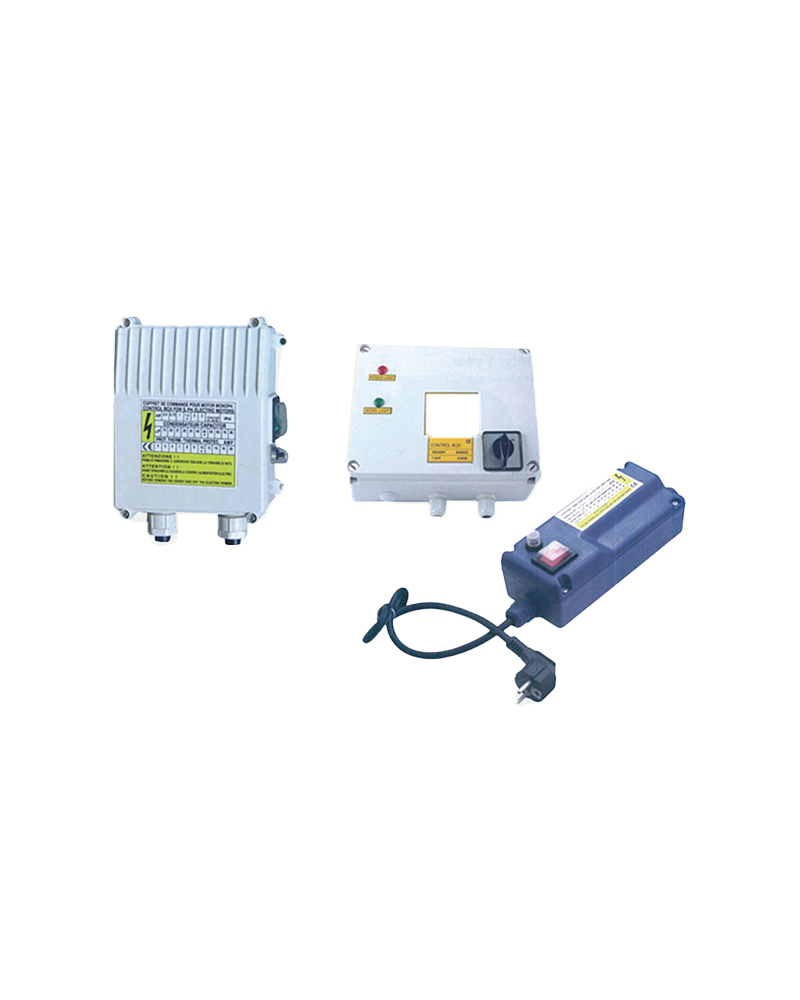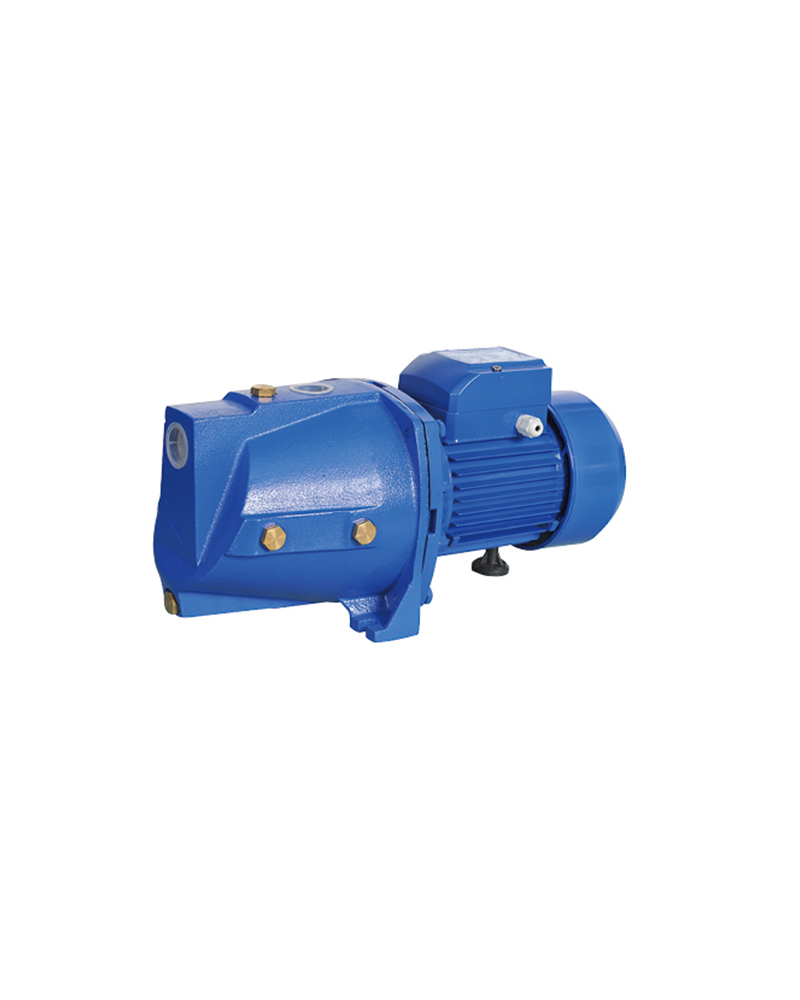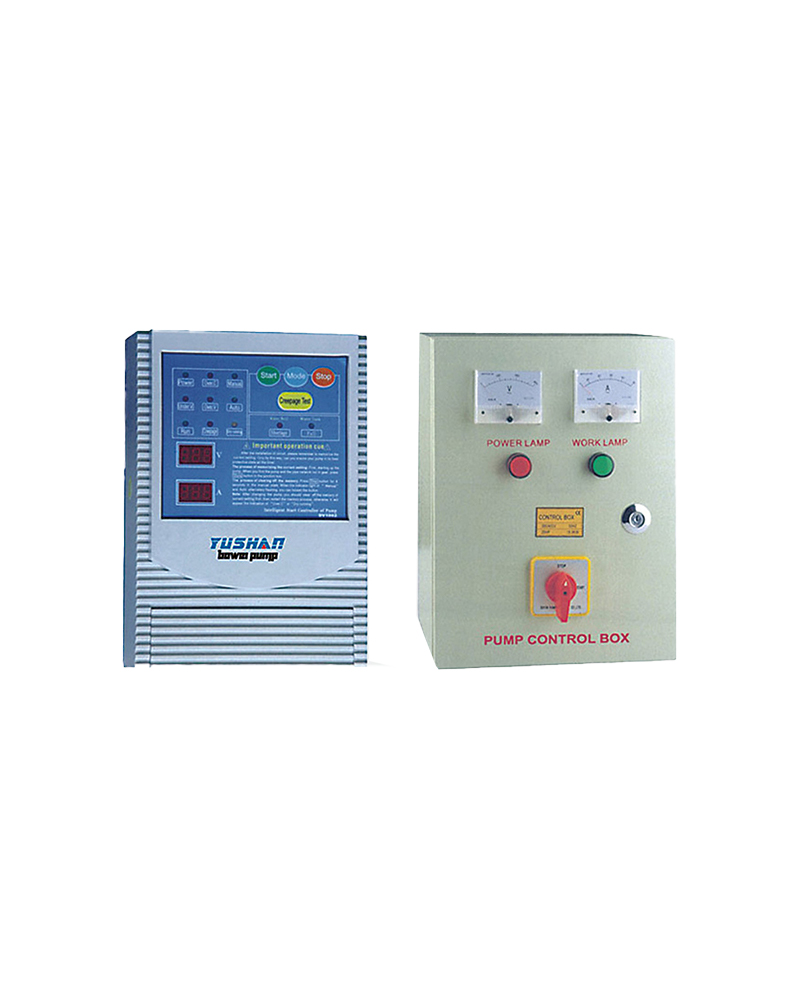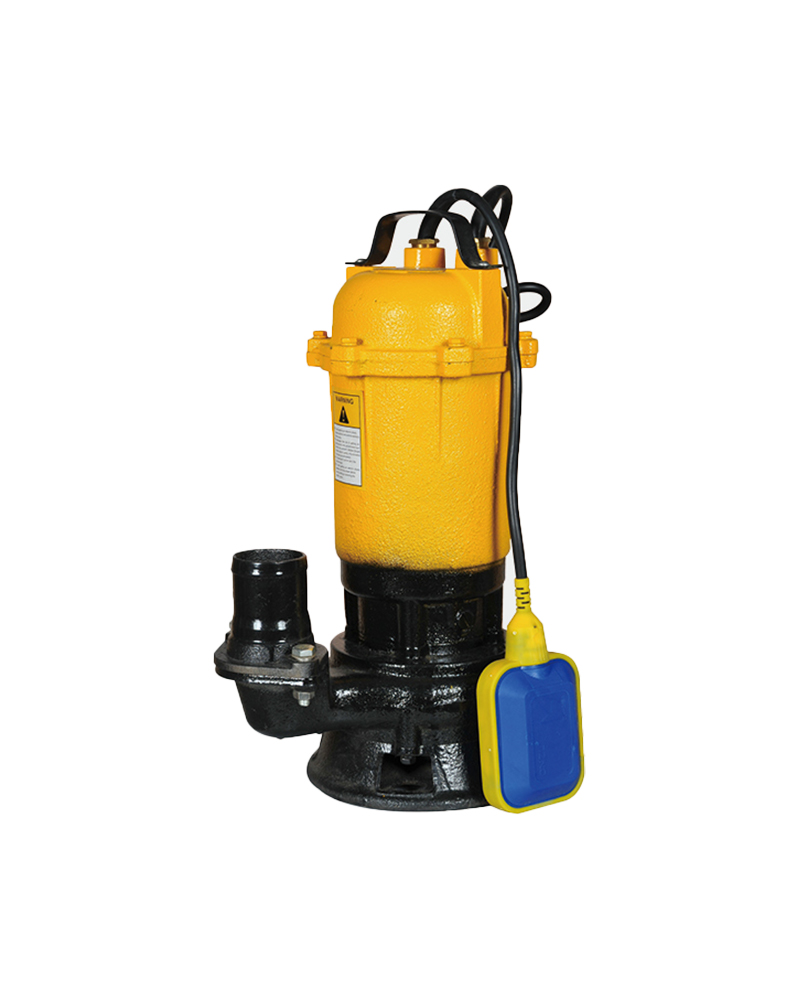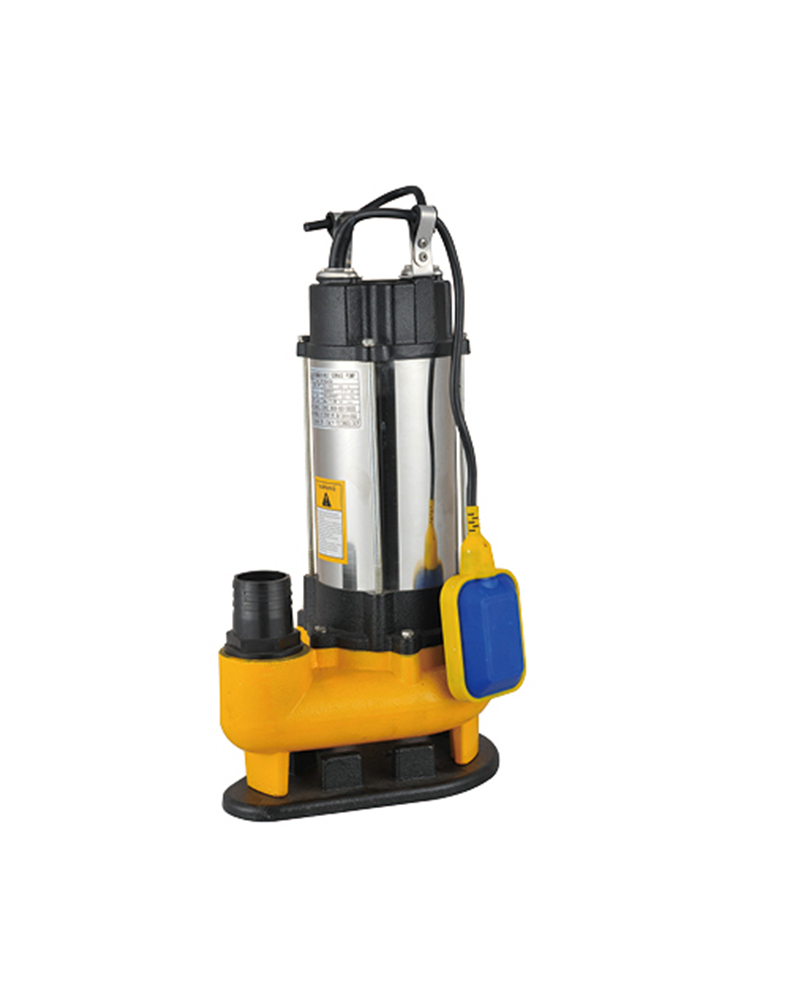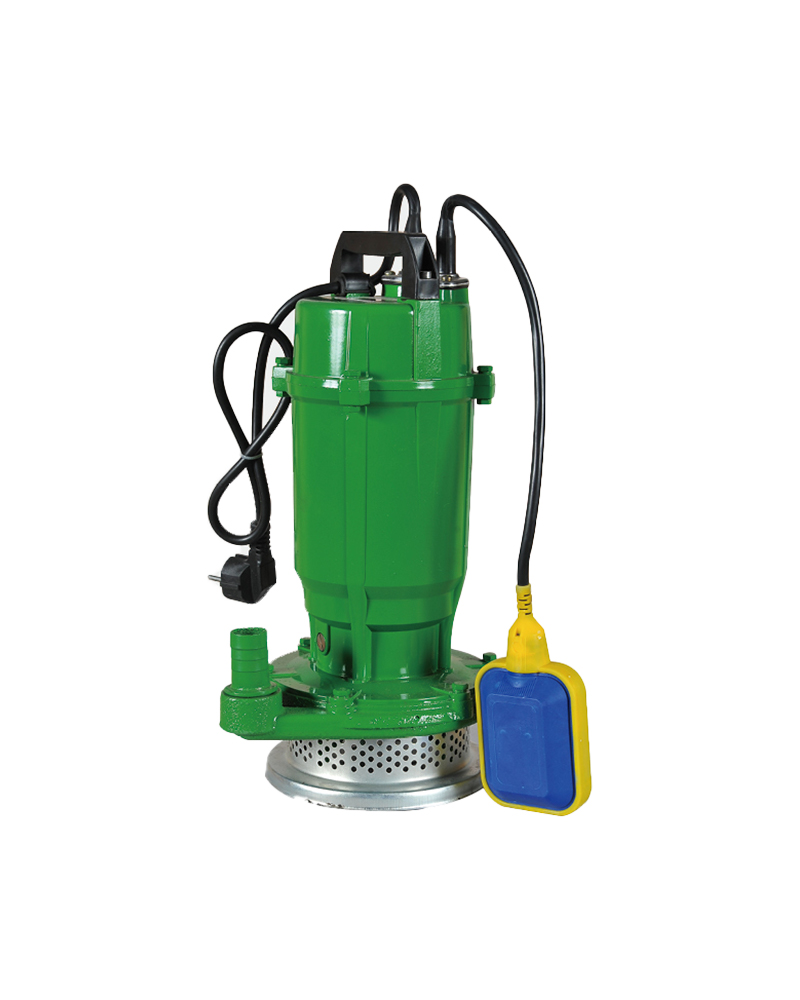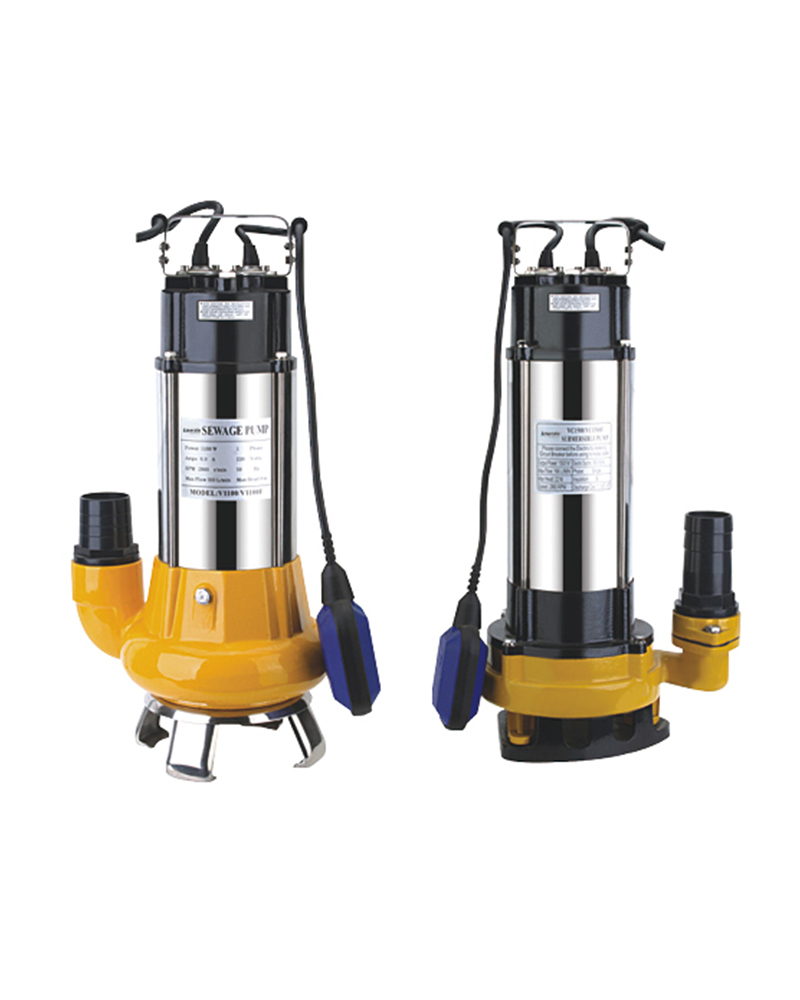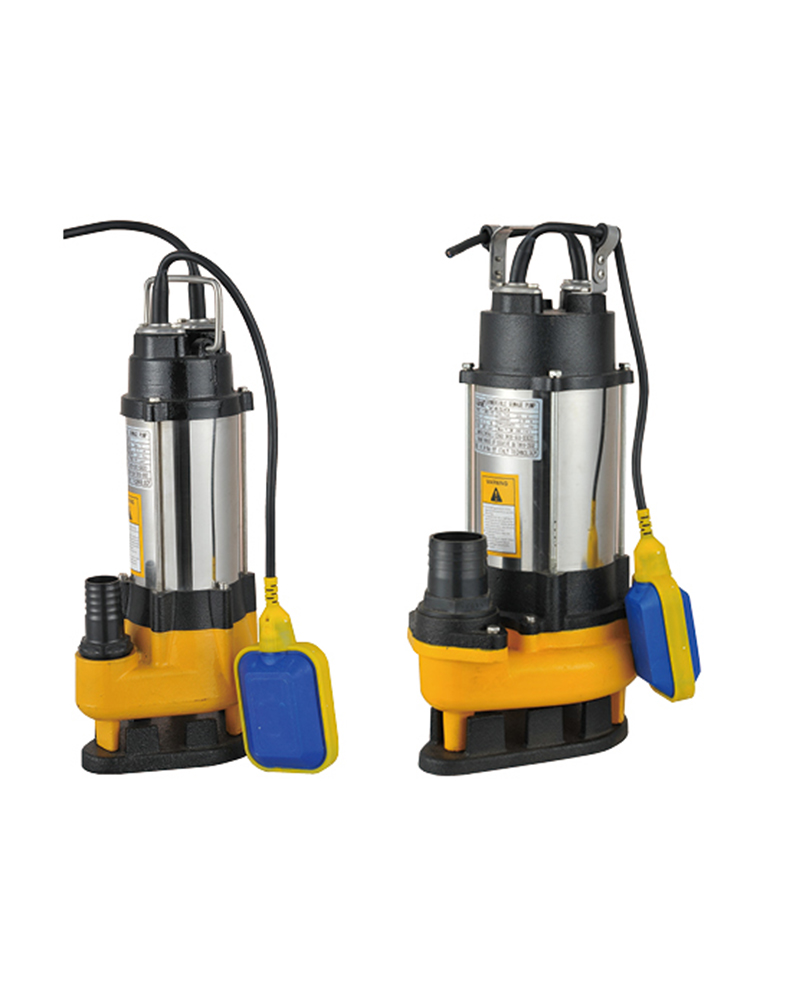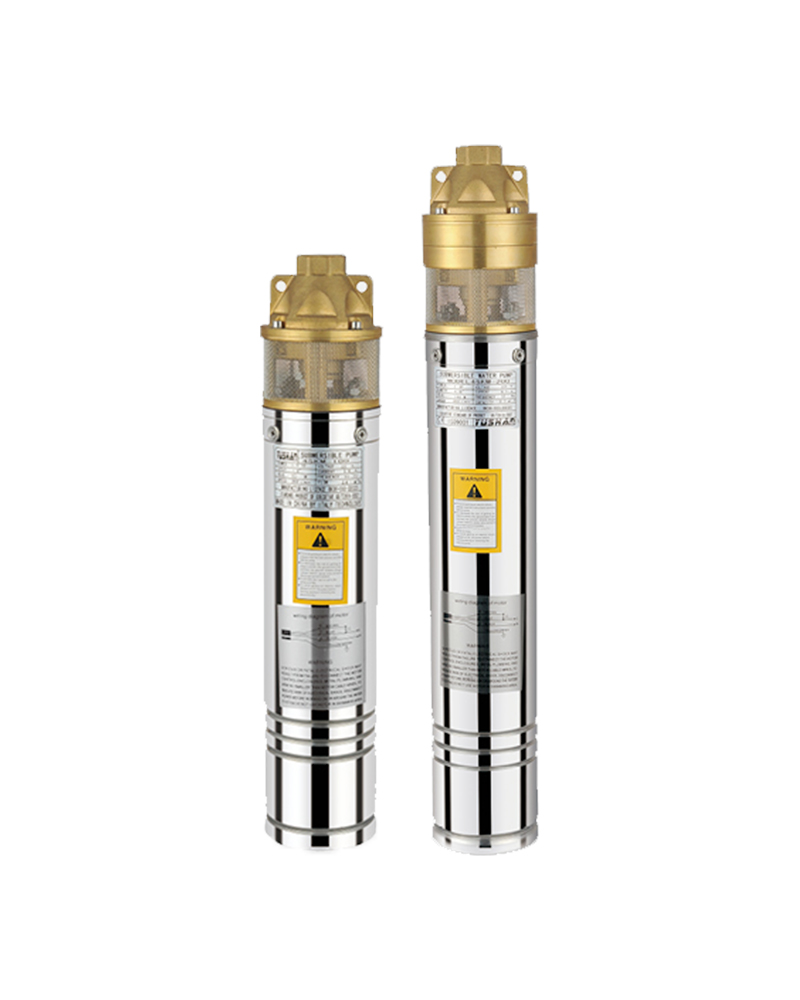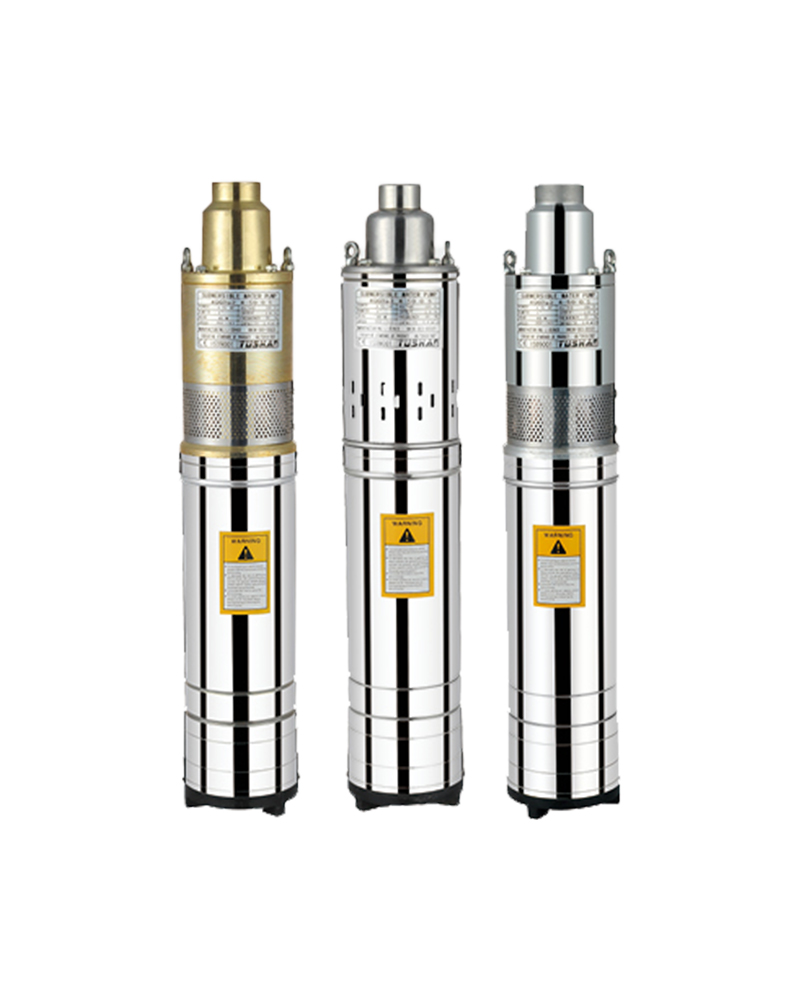1. Not grounded
It is a national mandatory standard to adopt protective grounding for 3" Submersible Pump. Only by adopting protective grounding can the personal safety during use be ensured. If there is no protective grounding, once the casing leaks electricity, the water at the water outlet of the submersible pump and the surface of the pumped water will be charged, endangering the safety of humans and animals, and at the same time wasting a lot of electricity.
If the metal casing of the submersible pump is grounded with a grounding body that conforms to the national standard (grounding resistance is not greater than 4Ω), when the casing of the submersible pump leaks, the current flows through the metal casing of the submersible pump, the protective grounding wire, the grounding body, the earth, and the work of the transformer. The grounding wire and the power supply form a closed loop. When the leakage current is too large, especially when the live wire touches the shell, the protection device of the submersible pump can be activated (fuse blown or air switch tripped) to cut off the power supply of the leakage submersible pump.

2. Do not install a leakage protector
The submersible pump works in the water, and it is easy to leak electricity and cause power loss or even electric shock. If a leakage protector is installed, as long as the leakage value of the submersible pump exceeds the operating current value of the leakage protector (generally no more than 30 mA), the leakage protector will cut off the power supply of the submersible pump.
3. The motor rotates in the opposite direction
There are many types of submersible pumps that can produce water in both forward and reverse rotations, but the water output is small and the current is large during reverse rotation, and the motor windings will be damaged if the reverse rotation time is too long. Therefore, the submersible pump should be connected to the power supply before entering the water to check whether the rotation direction is correct. If the impeller of the three-phase submersible pump is reversed, it should be stopped immediately, and the wiring of any two phases in the three-phase core wire in the cable can be exchanged.
4. Put it in water for a long time after use
If the submersible pump is not used continuously after going down the well, it will corrode for a long time, resulting in failure to start. The deactivated submersible pump should not be left in the water without question. It should be turned on once a week and run for 5 to 10 minutes. When it is not used for a long time, it should not be immersed in water for a long time. It should be placed in clean water and powered on for a few minutes to clean the mud inside and outside the pump, then lift the water surface to dry it, and conduct a major inspection. Disassemble all parts for maintenance, scrubbing, rust removal and descaling , Replace the wearing parts, and then reassemble them. After painting and rust prevention, put them in a dry, non-corrosive gas warehouse.



 English
English
 Español
Español
 عربى
عربى
